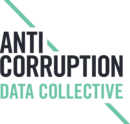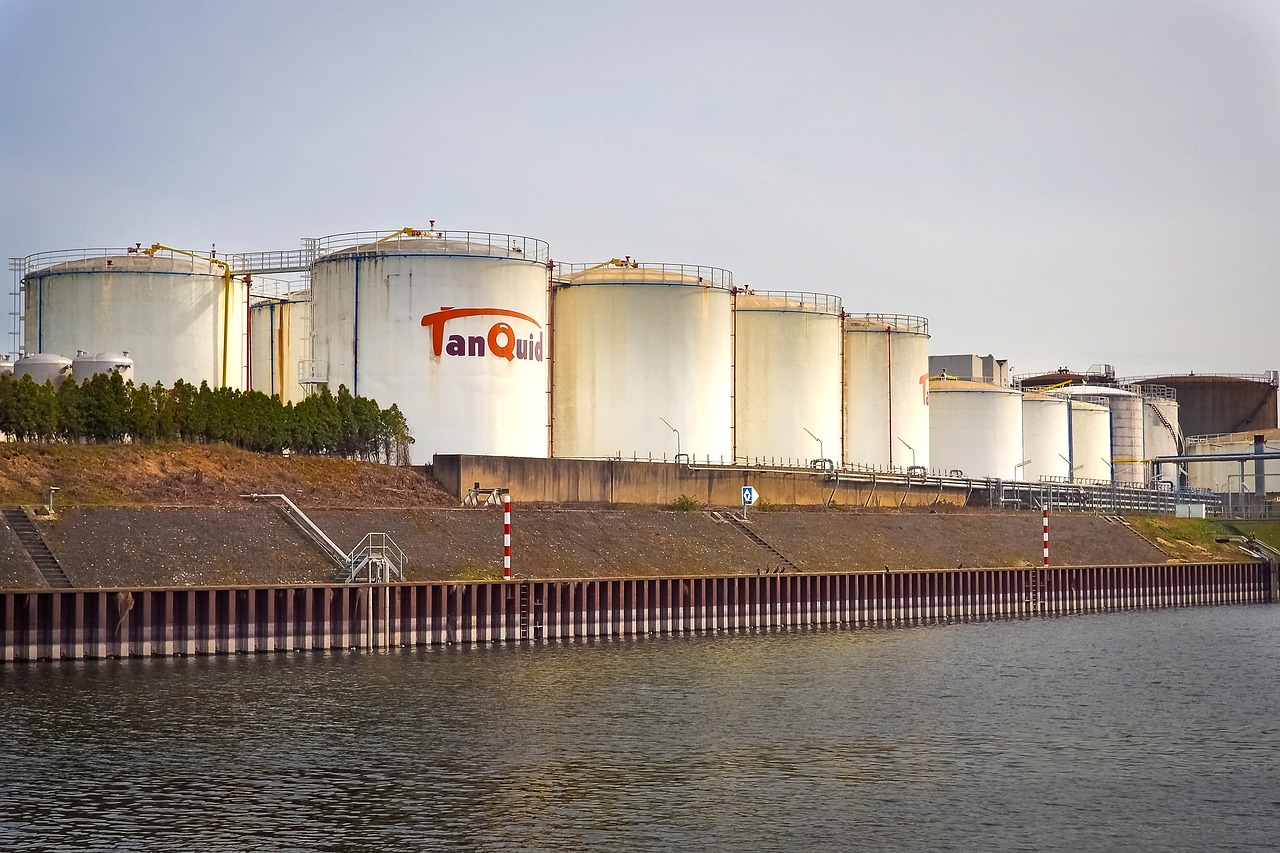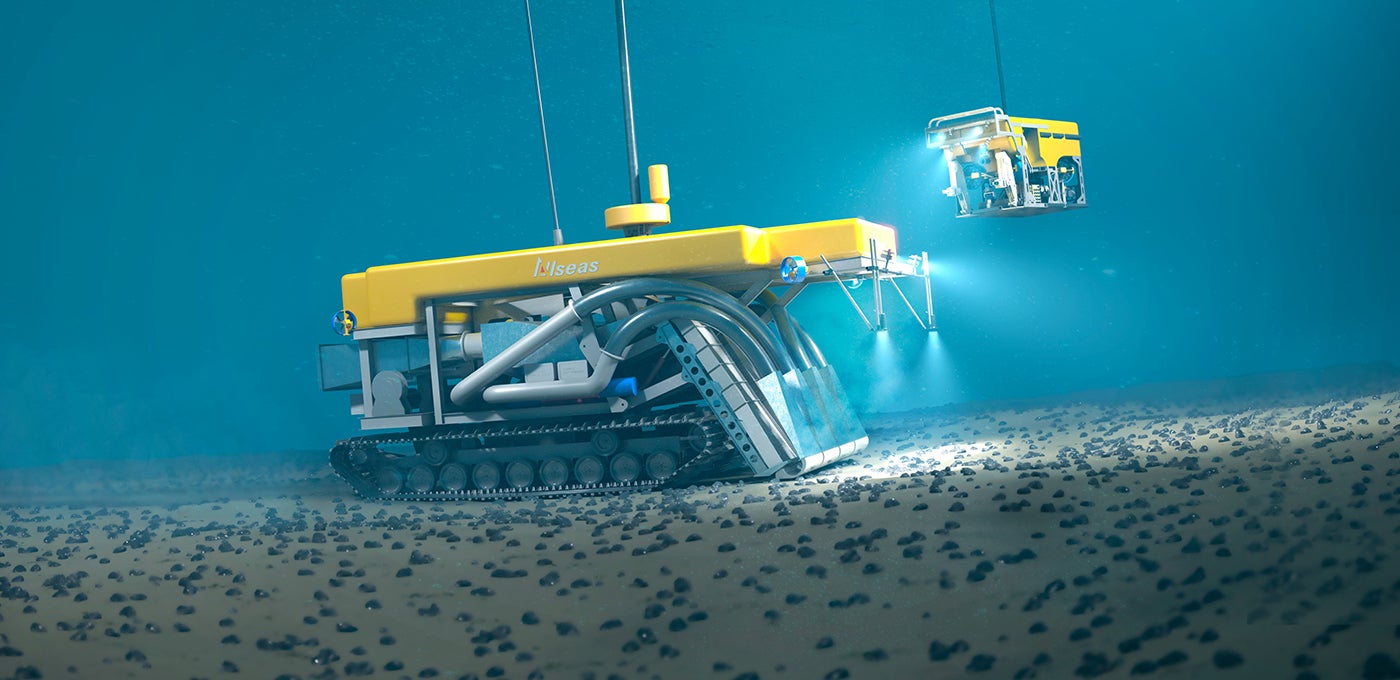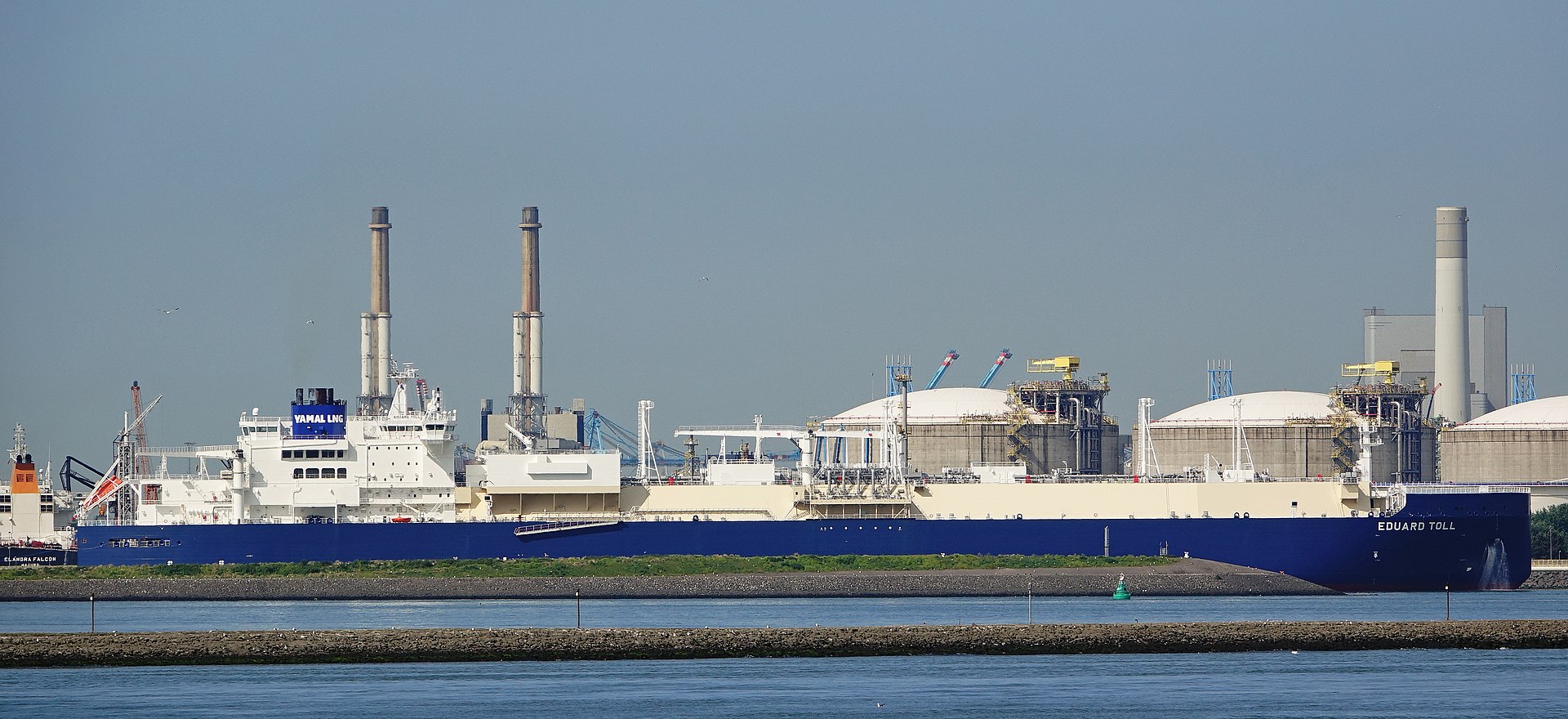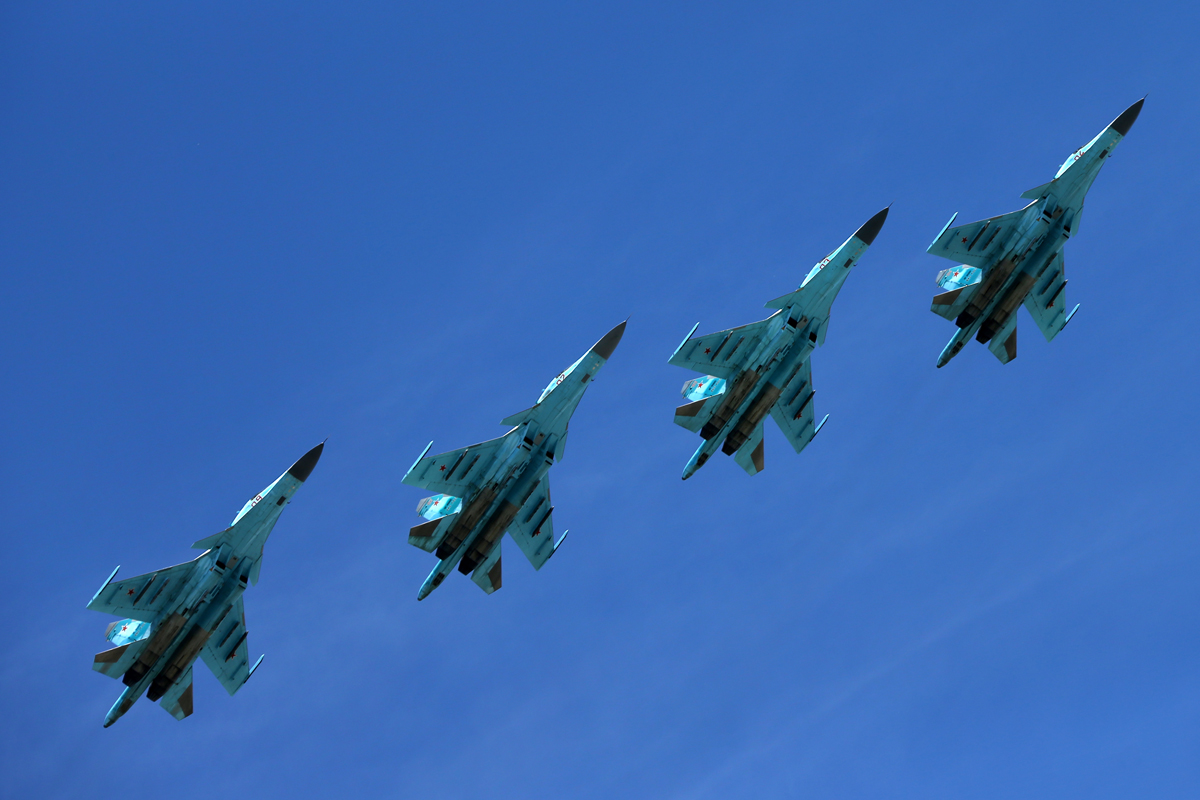
Since the beginning of its brutal and illegal invasion of Ukraine, Russia has deliberately bombarded civilian targets. In March, Russian jets targeted a theatre in Mariupol being used as an air-raid shelter, killing up to 600 people. In September, Russia bombed a convoy of vehicles attempting to help people flee the fighting near Zaporizhzhia. High explosive cluster munitions have been deployed in crowded urban areas. Evidence of massacres by Russian troops in Bucha and elsewhere have shocked the world.
These atrocities have piled additional pressure onto the Western companies that continue to do business in Russia. Many multinationals announced their withdrawal early in the war, as outrage over the invasion combined with an unprecedented package of economic sanctions against Russia to make continuing business as normal in Russia impossible. Yet even as evidence of war crimes began to surface, some Western companies maintained significant business interests in Russia.
Among these were two giant European energy companies: TotalEnergies of France and the German company Wintershall Dea, which is majority-owned by BASF.
For several years, Total and Wintershall have each been partners in joint ventures with Russian companies that exploit Siberian gas fields to extract gas and gas condensate, a liquid fuel sometimes known as “white oil”.
Fossil fuel exploitation not only gives the Russian war machine an important financial lifeline, but directly contributes to military operations by supplying fuel to military jets.
Earlier this year, members of the Anti-Corruption Data Collective began working with Global Witness to investigate how Western companies might be linked to the Russian war effort through their joint gas ventures. We began by procuring data on Russian freight shipments. Whereas many media outlets have explored maritime shipping routes for oil and gas, rail is a critical method for the domestic transportation of fuel supplies to the war’s front line. Our methodology allowed us to first track shipments of gas condensate from Siberian gas fields to some of Russia’s largest refineries. Then, we engineered a process for tracing shipment of jet fuel out from the refineries across Russia.
The findings have made waves.
In August, an investigation initiated by Global Witness ran on the front page of Le Monde.
It showed that the Termokarstovoye gas field jointly owned by TotalEnergies and Russian company Novatek had been supplying gas condensate to a refinery near Omsk owned by Gazprom, which produces jet fuel for Russian military planes.
Global Witness writes: “Among the destinations for jet fuel refined at Omsk are bases for Sukhoi Su-34 fighter-bombers, which began receiving shipments days before the invasion. Pilots of these jets have been accused by human rights groups and the Ukrainian government of indiscriminate bombing of civilian areas, including a 3 March strike on Chernihiv, north of Kyiv, which reportedly killed 47 people, and regular bombardment of the cities of Kharkiv and Mariupol.”
Soon after the investigation was published, TotalEnergies announced the sale of their stake in the company that operates the Termokarstovoye gas field, stating that the sale was agreed on July 18, about five months after the invasion. In October, two NGOs, from France and Ukraine, filed a criminal complaint with French anti-terrorism prosecutors against TotalEnergies for alleged complicity in war crimes.
The data and methodology used by Global Witness and Le Monde was also shared through ACDC to journalists at Paper Trail Media, including ACDC co-founder Frederik Obermaier. The same technique for tracking supplies from the TotalEnergies joint ventures could be applied to other Western oil and gas operations still active in Russia.
Last week, Der Spiegel and Frontal, a news program on public broadcaster ZDF, published Paper Trail Media’s findings about Wintershall Dea, Germany’s largest crude oil and natural gas producer.
In a pattern similar to the Total case, a Wintershall joint venture in northern Russia has supplied large volumes of gas condensate to Gazprom. Rail freight data and Gazprom’s internal documents show that Gazprom plants refined condensate before making several shipments of aviation fuel by rail to Russian military bases near the Ukrainian border.
Both energy companies have pushed back on the allegations.
Total told Le Monde that while the all the gas condensate produced at its joint venture was sold to Novatek, “it did not have any information on Novatek’s subsequent sales and has no control over the operational activities of Novatek, which is an entirely separate company,” Global Witness reports.
Wintershall too is apparently unable to trace how its products are used. “Gazprom is essentially a black box,” Der Spiegel writes.
However, given the appalling acts being committed by the Russian military in Ukraine, the question must be asked whether it is sufficient for Western companies to plead ignorance of how their products are used within Russia.
Ukrainian officials and civil society organizations have insisted that Wintershall should abandon its projects in Russia.
Ukrainian MP Inna Sowsun asked on Twitter, “When will you stop doing this. Are you happy to help genocide?” Andriy Melnyk, former Ukrainian ambassador to Germany, wrote: “Bloody bastards with your bloody Russian money.”
Global Witness, German, and Ukrainian civil society organizations called for Wintershall’s profits to be taxed at 100 per cent, and allocated to reconstruction in Ukraine.
The German government is in talks with Wintershall following the revelations, a spokesperson said.
Pernicious influence
Even before the specific allegations surrounding Wintershall emerged, Germany had faced widespread criticism for its energy policy and projects such as the NordStream pipelines that cemented reliance on gas imports from Russia.
A recent report by German public interest newsroom Correctiv details how other German gas companies became instrumental in securing a pro-Russian energy policy in Germany, as a consequence of their close ties to Gazprom.
Critical to the success of Gazprom’s lobbying campaign was the private sector’s “capture” of many aspects of German policymaking, Frederik Richter, Correctiv’s managing editor recently told an audience in Berlin.
This is an example of what the Anti-Corruption Data Collective means by transnational corruption: not simply flows of corrupt cash across borders (which usually relies on white-collar professionals in Western rule-of-law jurisdictions) but the exploitation of policy and institutional weaknesses in the West by corrupt and authoritarian regimes in order to further their own interests.
